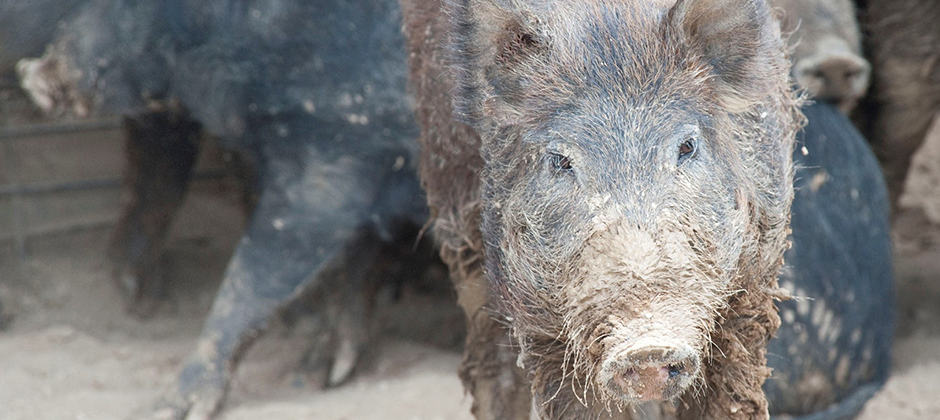Share this article
Hunters back restrictions on moving feral swine
The transport and release of live feral swine to new areas represents one of the biggest threats to feral swine (Sus scrofa) management. Only roughly half of all states currently prohibit the practice, which is most often done to establish new populations for hunting purposes.
Preventing the spread of feral swine is key to reducing their damage. Thus, Wildlife Service’s National Wildlife Research Center and Colorado State University researchers explored public attitudes and the potential barriers that might face policymakers when implementing new restrictions on the movement of feral swine.
A total of 20,000 urban and rural residents from all 50 states were mailed a questionnaire. More than 2,200 people responded for a response rate of 11.1% (above the minimum sample size needed). Results show that a majority of individuals in the U.S. have negative attitudes toward feral swine and support policies that restrict their transport and penalize transgressors. Consistent with other invasive species research, findings suggest that as knowledge and awareness of feral swine increase, so too does support for policies restricting and penalizing their transport.
Contrary to previous studies, this research also finds that hunters are more likely to support restrictions on feral swine transport than are nonhunters. Overall, these findings suggest that legal restrictions on the transport of feral swine, even in states with large hunter populations, enjoy broad public support.
Header Image: A study found most hunters support restrictions on the movement of feral swine. ©USDA Wildlife Services








